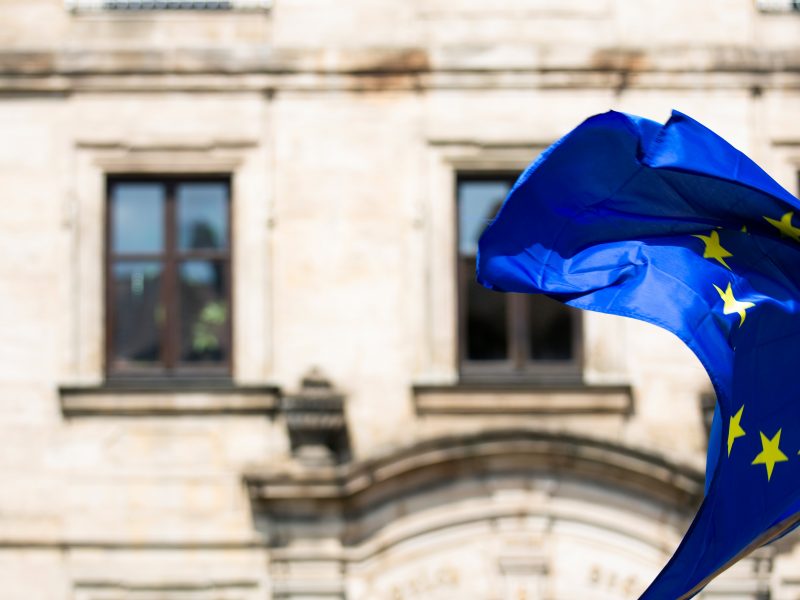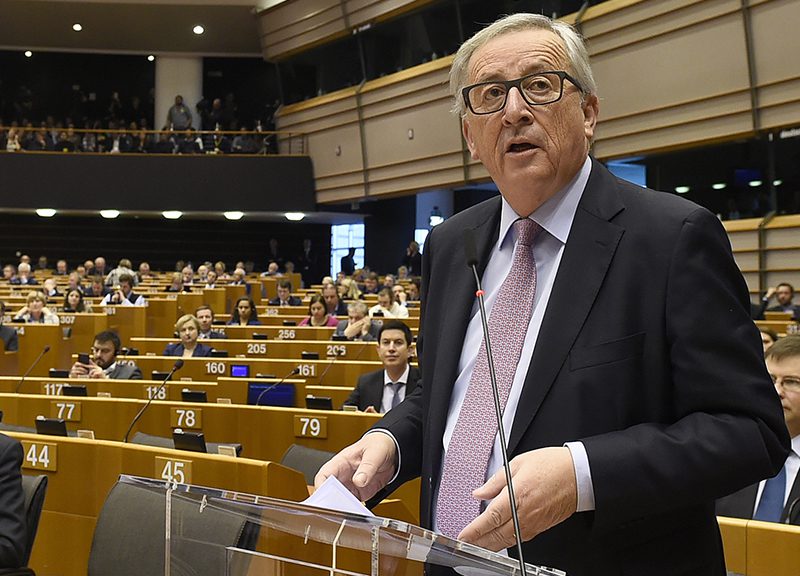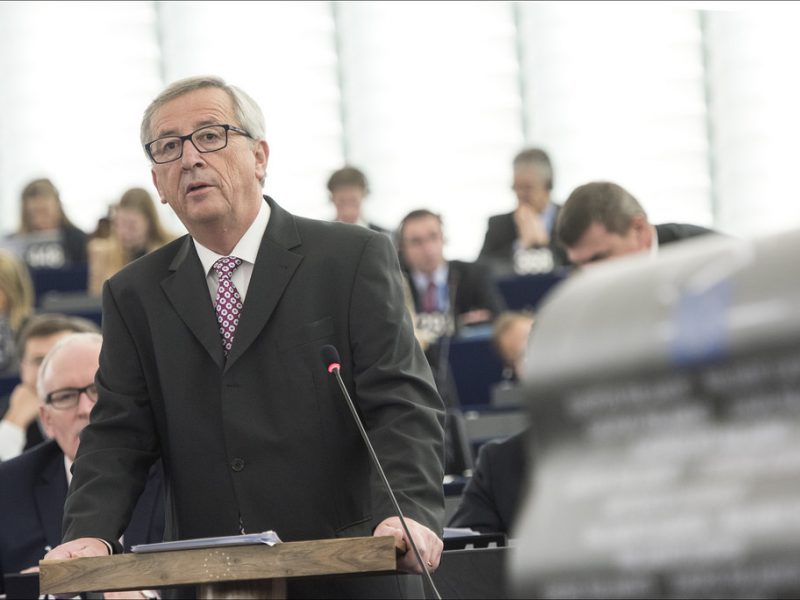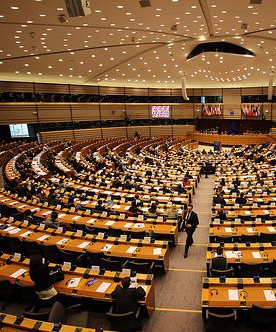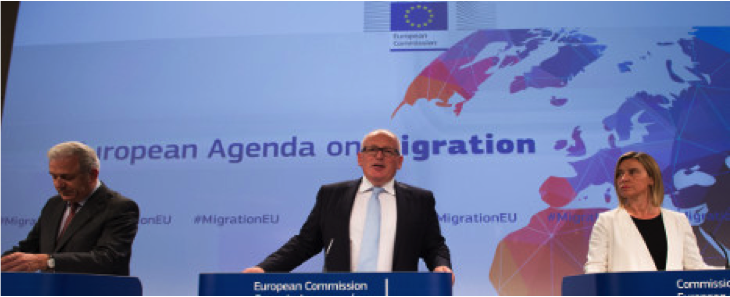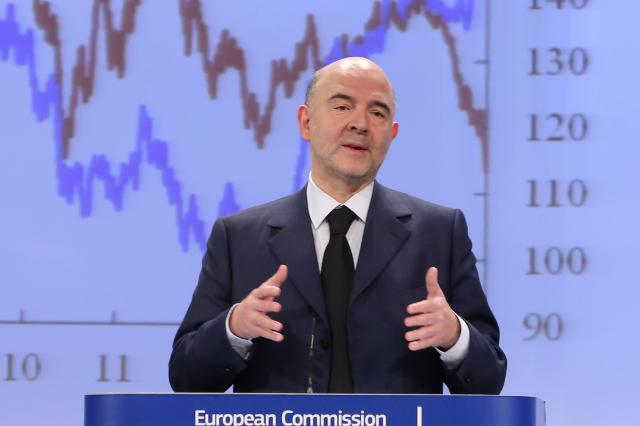The European Green Deal: Challenges Lie Ahead
When Ursula von der Leyen ascended to the Presidency of the European Commission in December 2019, one policy dominated above all others, the European Green Deal. This ambitious plan aims to bring the EU to net-zero emissions by 2050, in line with the bloc’s commitments under the Paris Agreement, whilst also generating a sustainable economic growth model where ‘no…

